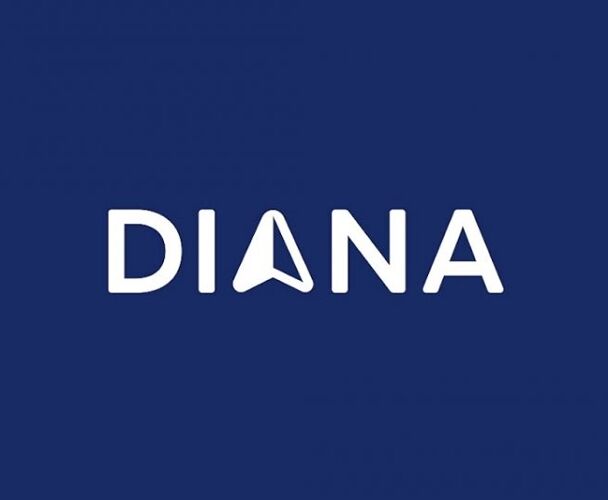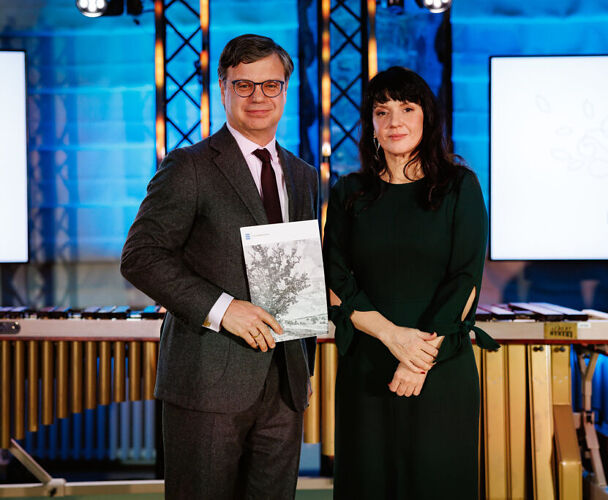A slowdown in capital market transactions and some M&A activities, a governmental crisis and tensions with the Russian-speaking population, and rising energy prices and inflation were all hallmarks of Estonia’s past six months. While the geopolitical situation and economic situation remain tough, direct investments in Estonia seem to be getting back on track, across a number of sectors, according to COBALT Partner Marina Kotkas.
“Estonia has been in a stalemate between May and the middle of July, following the collapse of the government,” Kotkas begins. “Finally, in mid-July, a new three-party coalition government was formed, and some stability regained, with the stated priorities of the new government including providing continuing support to Ukraine against the Russian invasion, combating inflation, and dealing with the skyrocketing energy prices and security concerns,” she says. “There were also tensions with the Russian-speaking population in the easternmost city, over the government’s decision to remove Soviet-era war monuments,” she reports.
To combat the ongoing energy crisis, Kotkas says the government has introduced amendments to the electricity market act, “seeking to form new universal services which would include a regulated price set by the Estonian competition authority, with the aim to bring prices down.” Also, a “range of measures was set out to boost energy investments and accelerate the transition to renewable energy sources,” she reports.
As for the deal market, Kotkas reports a slowdown in the levels of direct investments on account of “the war in Ukraine and a general decline in global M&A markets.” Regardless of that, however, she reports that the “deal flow is quite strong” and that transactions are happening across all sectors. “Investors and businesses are hopeful that there will be further stability in the next six months, but it depends on global market moves,” Kotkas says.
Read the interview in full here





